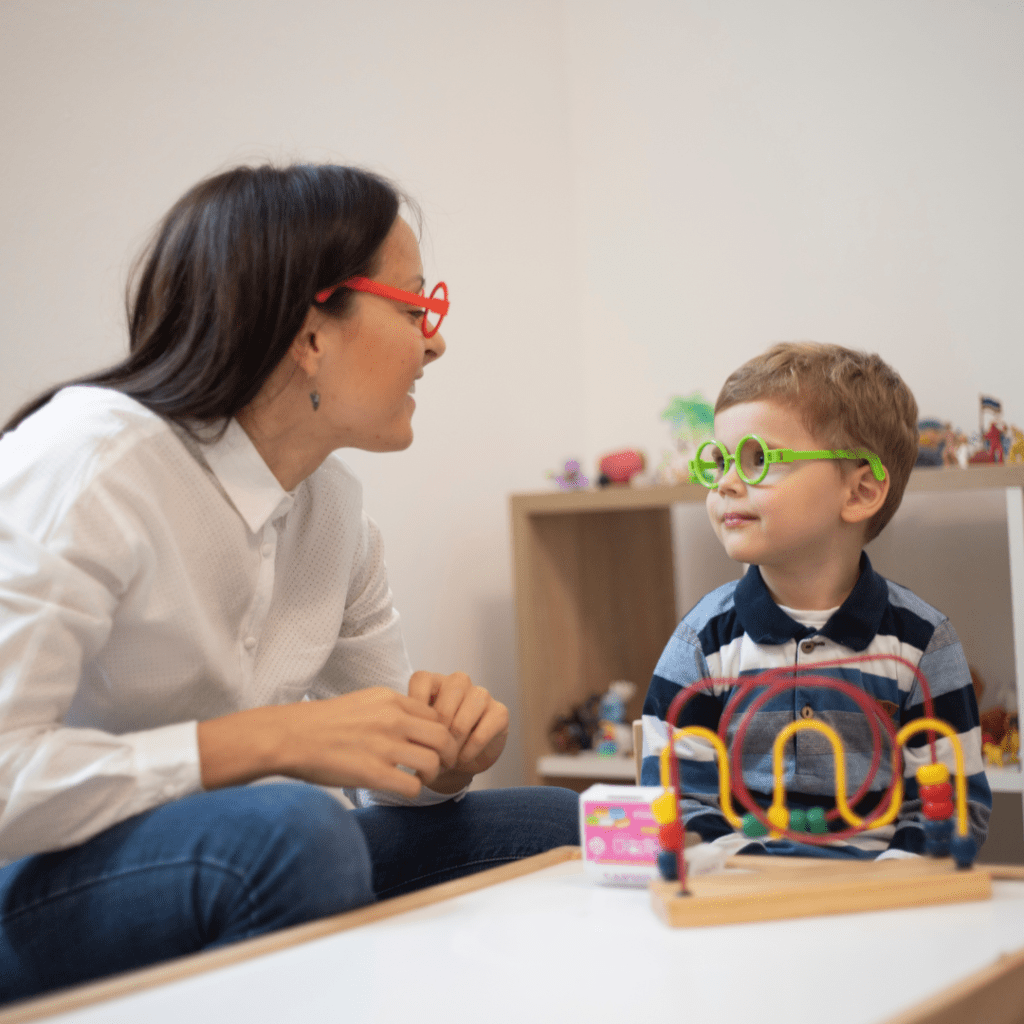The Power of Play: Unleashing the Healing Potential of Play Therapy in Child Development
In the enchanting world of childhood, play is not just a pastime; it’s a powerful tool that unlocks a realm of emotional expression, stress relief, and social development. In this blog, we’ll delve into the transformative realm of play therapy, exploring how it supports children in expressing themselves, managing stress, and cultivating essential social skills.
Understanding Play Therapy:
Play therapy is a therapeutic approach that harnesses the natural language of children—play. Unlike traditional talk therapy, it provides a medium for children to communicate their thoughts, feelings, and experiences through toys, games, and creative activities.
Expressive Freedom Through Play:
Children may find it challenging to articulate their emotions verbally. Play therapy allows them to express themselves in a way that feels natural and safe. Whether it’s using dolls, drawing, or engaging in imaginative play, children can communicate their inner world through the language of play.
Stress Relief and Emotional Regulation:
Just as adults engage in activities to de-stress, children benefit from play as a means of stress relief. Play therapy provides a structured environment where children can navigate and release pent-up emotions, promoting emotional regulation and a sense of control over their feelings.
Building Crucial Social Skills:
Play therapy is a dynamic arena for developing and refining social skills. Through interactive play, children learn cooperation, negotiation, empathy, and conflict resolution. These skills lay the foundation for healthy relationships and contribute to improved social interactions in various life settings.
Types of Play Therapy Activities:
Sandplay Therapy: Allows children to create scenes in a tray of sand, offering a symbolic representation of their thoughts and emotions.
Art Therapy:
Encourages self-expression through drawing, painting, or other artistic activities.
Puppet Play:
Provides a platform for storytelling and role-playing, enabling children to explore different perspectives.
Game Play Therapy:
Involves structured games that target specific therapeutic goals, promoting skills like turn-taking and decision-making.
The Role of the Play Therapist:
A trained play therapist serves as a guide, observing the child’s play, interpreting their expressions, and facilitating a supportive environment. The therapist helps children make connections between their play and real-life situations, fostering insight and emotional growth.
Conclusion:
As we navigate the complex landscape of child development, play therapy emerges as a beacon of healing and growth. By embracing the innate language of play, children find a path to express themselves, manage stress, and hone crucial social skills. Play therapy is not just a therapeutic approach; it’s an empowering journey that enables children to navigate the world with resilience, creativity, and a deep understanding of their emotions.



